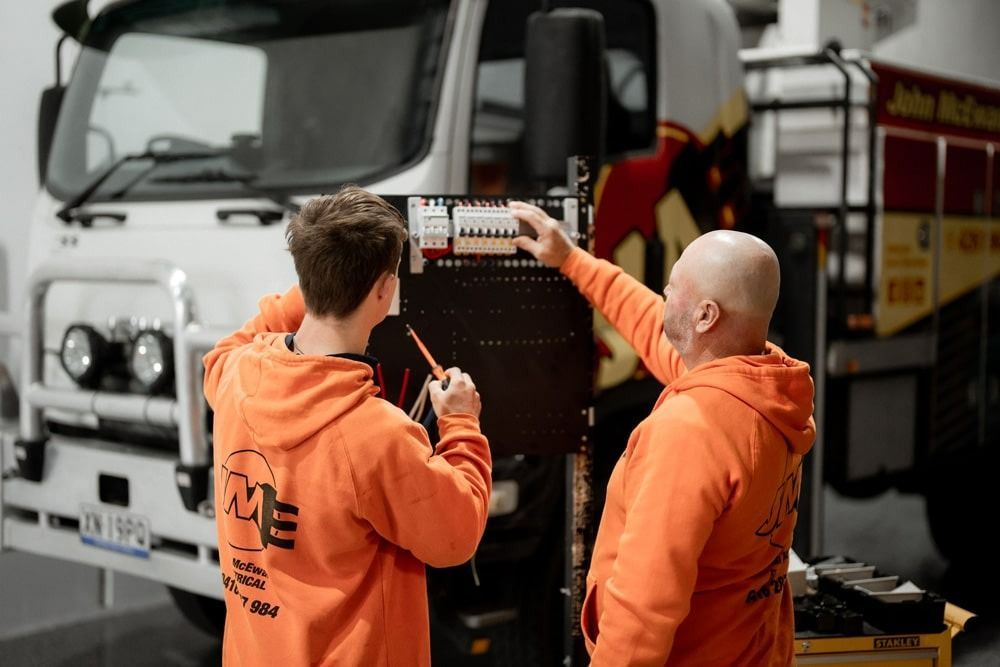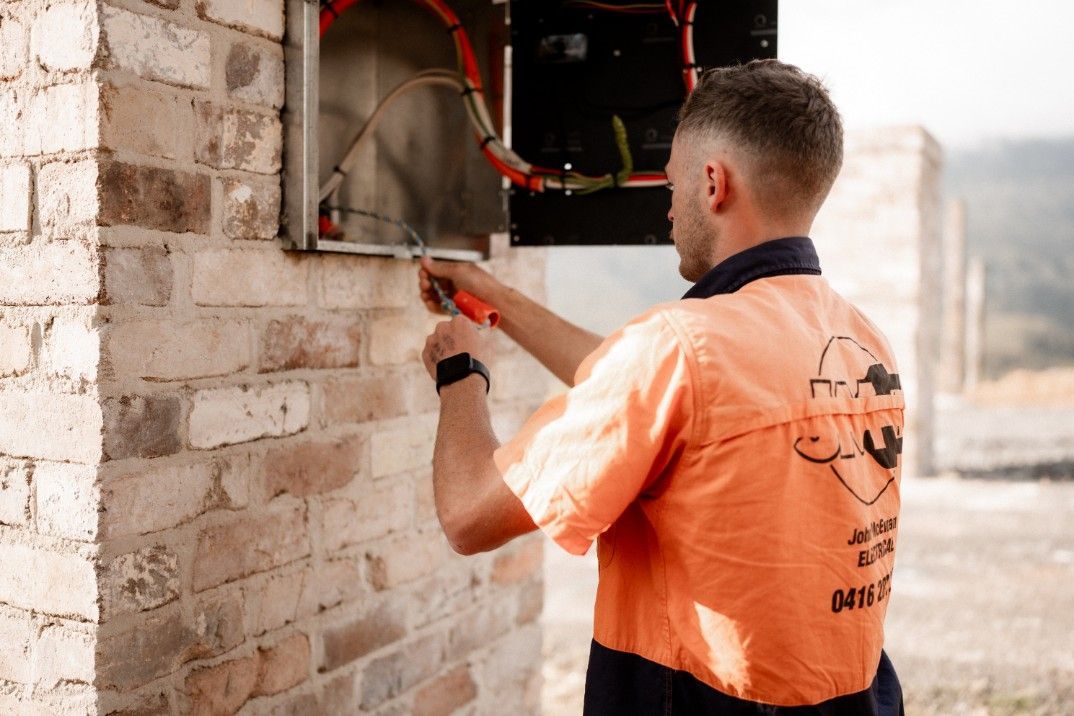5 Commons Electrical Problems And How To Fix Them
Electricity powers our daily lives, and it’s easy to take it for granted until we experience electrical problems. Electrical problems can be frustrating and potentially dangerous, and it’s important to know how to identify and fix them to avoid serious consequences. In this blog, we’ll discuss five common electrical problems and how to fix them.
What are Electrical Problems?
Electrical problems can arise from various factors, including wiring issues, outdated or damaged electrical components, overloaded circuits and more. These problems can manifest in different ways and it’s crucial to address problems promptly to prevent electrical fires, electrocution or other hazards.
1. Flickering Lightbulbs
Flickering lightbulbs are a common electrical problem that can be caused by several factors, such as a loose bulb or faulty connection. To fix this, you can try twisting the bulb gently to ensure it’s tightly fitted, or you can try replacing the bulb with a new one to see if the problem persists.
Flickering lightbulbs can also be a sign of an overloaded circuit. An overloaded circuit occurs when too many electrical devices are connected to one circuit, causing the circuit to trip and shutting off power. If you suspect this to be the issue, try unplugging some devices and see if the flickering stops. If the problem persists, you may need to contact a professional to evaluate your electrical system.
2. Malfunctioning Smoke Alarms
Smoke alarms are a crucial safety device that can save lives in the event of a fire. However, malfunctioning smoke alarms can put you and your family at risk. If your smoke alarm is beeping or chirping, it could indicate a low battery or a malfunction. Try replacing the battery first and see if the beeping stops. If the beeping persists, you may need to replace the smoke alarm entirely.
It’s essential to test your smoke alarms regularly to ensure they’re functioning correctly. You can do this by pressing the test button on the smoke alarm, which should emit a loud noise. If the smoke alarm doesn’t sound, replace the batteries or the smoke alarm itself. If you’re unsure about how to replace your smoke alarms, contact a licensed electrician for assistance.
3. Electrical Surges or Dips
Electrical surges or dips can cause damage to your electrical appliances and even pose a fire risk. Surges are a sudden spike in voltage that can result from lightning strikes or power grid issues. Dips on the other hand, are a sudden drop in voltage that can occur when electrical devices are turned on simultaneously.
To prevent electrical surges or dips, it’s crucial to invest in a surge protector. A surge protector is a device that can absorb and divert excess voltage to protect your electrical appliances. You can purchase surge protectors from hardware stores or hire an electrician to install them for you.
4. Tripped Circuit Breakers
Circuit breakers are a safety feature that protects your home from electrical overloads. When the circuit is overloaded, the circuit breaker trips and cuts off power to the affected circuit. If you notice that your circuit breaker has tripped, it’s essential to identify the cause of the overload.
To fix a tripped circuit breaker, you can try unplugging devices connected to the circuit and resetting the circuit breaker. If the circuit breaker trips again, there may be a more significant issue, such as faulty wiring or an overloaded circuit. In this case, you should contact a licensed electrician to inspect your electrical system.
5. Power Outages
Power outages can be caused by various factors, including severe weather, power grid issues or problems with your electrical system. While some power outages are beyond your control, there are steps you can take to prepare for them and minimise their impact.
One way to prepare for power outages is to invest in a backup generator. A backup generator can provide power to your home during an outage, allowing you to keep essential appliances running. You can purchase portable generators or have a licensed electrician install a standby generator for your home.
It’s also important to unplug electrical devices during a power outage to avoid damaging them when the power is restored. When the power comes back on, it can cause a surge that can damage electrical devices, especially sensitive electronics like computers or televisions.
When Should I Hire a Professional Electrician?
While some electrical problems can be fixed by the homeowner, others require the expertise of a licensed electrician. If you’re not comfortable working with electricity or unsure about the cause of the problem, it’s best to hire a professional.
A licensed electrician can diagnose and fix electrical problems safely and efficiently. They can also inspect your electrical system for potential hazards and recommend upgrades or repairs to improve safety and efficiency.







